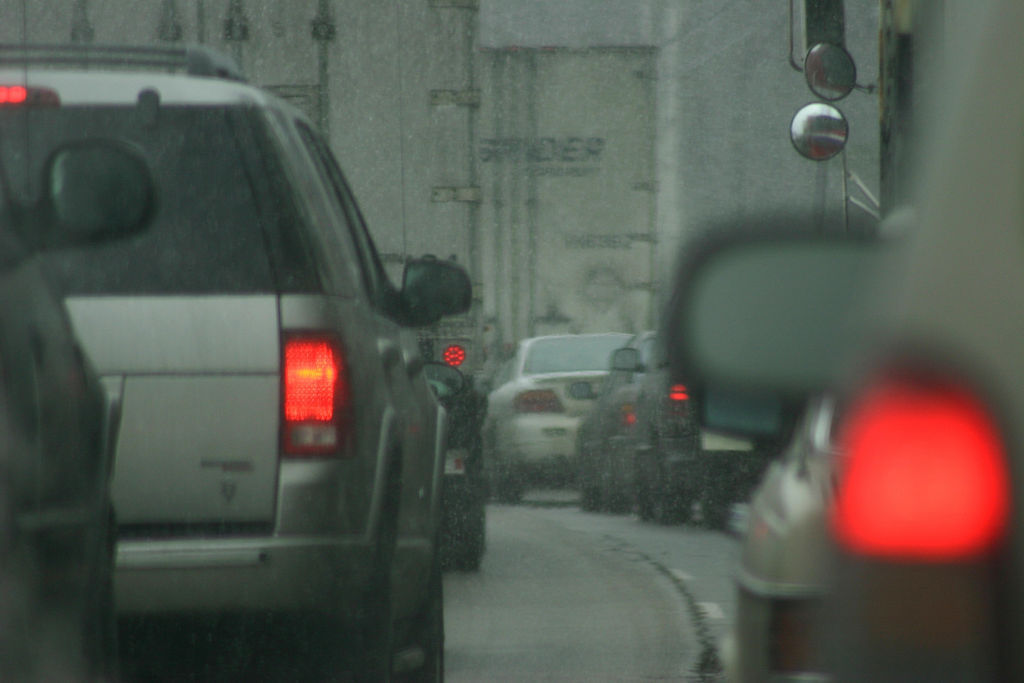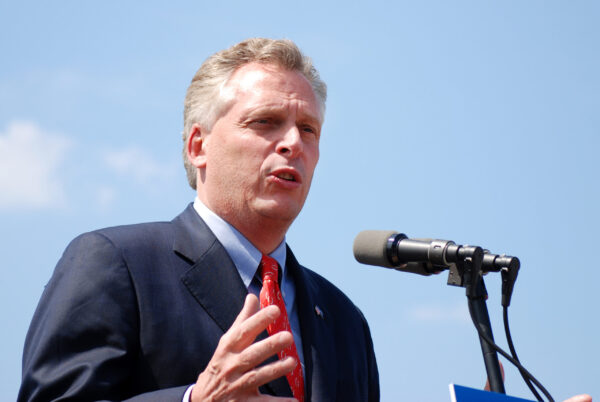Much contention was had during this year’s legislative session in Richmond about how the state government will fund critical transportation needs, namely Interstate 81 that runs through Virginia’s Shenandoah Valley. With gas taxes and tolls being the main two avenues of construction money, the proposed $2.2 billion, 72-project Interstate 81 Corridor Improvement Plan will be left for a little while longer after backlash from trucking associations and area residents.
Though, there could be yet another option in finding a revenue stream to rebuild the 325-mile-long highway. Virginia is about to join a select few areas testing a per-mile tax as a potential replacement for the gas tax and tolls to fund roadway infrastructure improvements.
However, the program is only happening further east of I-81.
WTOP reports that the I-95 Corridor Coalition is expanding their testing along the East Coast of a “vehicle miles traveled fee,” referred to as a mileage-based user fee to drivers. The group is heading the program off with Transurban, one of the world’s largest toll road operator companies, to consider how a per-mile tax would work alongside toll lanes on Interstate 95.
The testing will also analyze whether the mileage-based fee should rise and fall on all roads based on the time of day or amount of traffic, much like toll roads currently do in an effort to encourage drivers to shift their travel times to limit traffic jams. Though, that phase of testing is theoretical, with tracking technology used to record information provided by drivers through their cell phones about what they would be charged under a vehicle-miles-traveled fee, but with no actual bill to be paid.
Transurban’s testing also includes considering the privacy issues liked to information gathering and sharing, how drivers would pay on I-95 while in different states, potential irregularities in charges between urban and rural drivers, and how the fees may offset tolling. In the third phase, commercial trucks will be studied.
Although the pay-per-mile provision is currently being considered for only I-95, it could be another funding source examined by the newly-formed Interstate 81 Committee, which will make recommendations to both the governor and the General Assembly regarding funding recommendations and prioritization of projects





